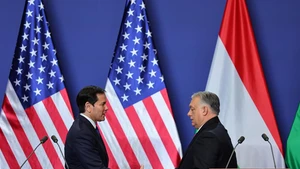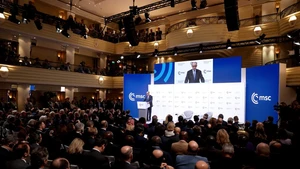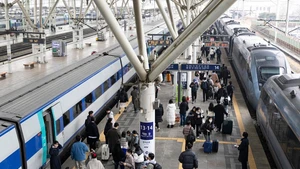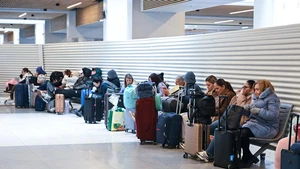The statement was made by Ambassador Dang Dinh Quy, head of Vietnam’s Permanent Mission to the United Nations (UN), at an event on infrastructure in service of women and gender aspects in industry and energy at the UN’s headquarters in New York on March 14.
The event was jointly held by Vietnam, Finland, Grenada, the UN Industrial Development Organisation (UNIDO), the UN Entity for Gender Equality and the Empowerment of Women (UN Women), the Small Island Developing States Sustainable Energy Initiative (SIDSDOCK) and the Island Women Open Network (IWON).
Quy introduced Vietnam’s Law on Gender Equality which aims to end discriminations and create equal opportunities for both men and women to participate in human resources and socio-economic development, and approach information, capital, markets and employment, along with incentives for female workers.
Vietnam is one of the countries with the highest rate of female labourers in Southeast Asia, reaching 72.9%, he said, noting that women have contributed to industrial sectors like garments-textiles, leather and footwear, component assembly, electronics, chemicals and hydropower.
Many businesswomen and female scientists have been honoured for their contributions at national, regional and international levels, the ambassador said.
The event, which took place within the 63rd session of the UN Commission on the Status of Women, attracted more than 150 delegates from UN member countries, UN agencies and non-governmental organisations.
The participants highlighted reciprocal relations between gender equality and sustainable and inclusive infrastructure development, saying effective integration of gender aspects into energy and industry would contribute to completing sustainable development goals.
















